#books are my escape
Text
my life is like "omg nothing is going as i planned. sad, I'll read it"
0 notes
Text
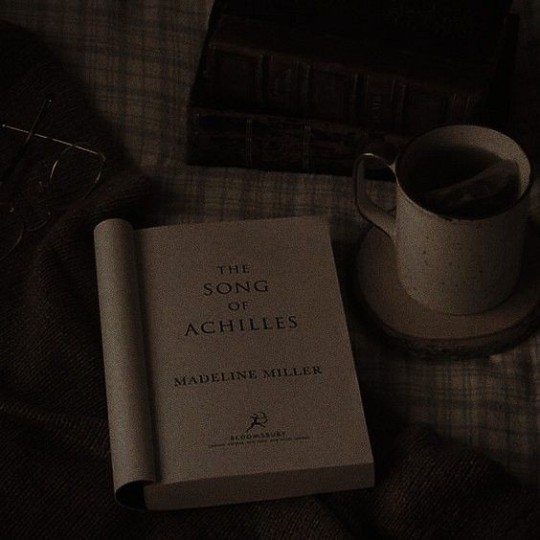

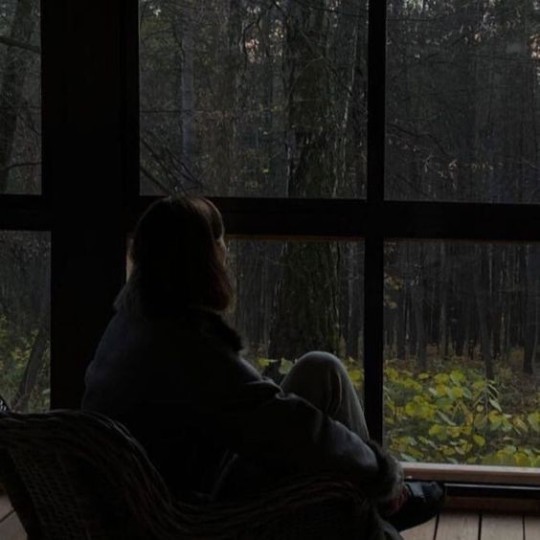
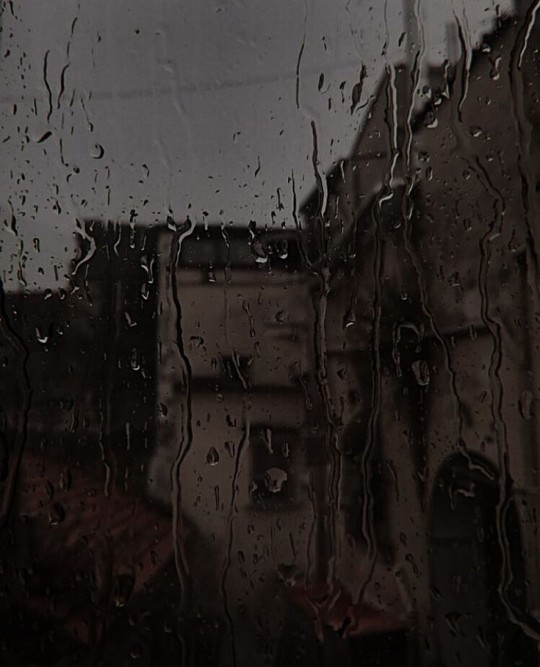
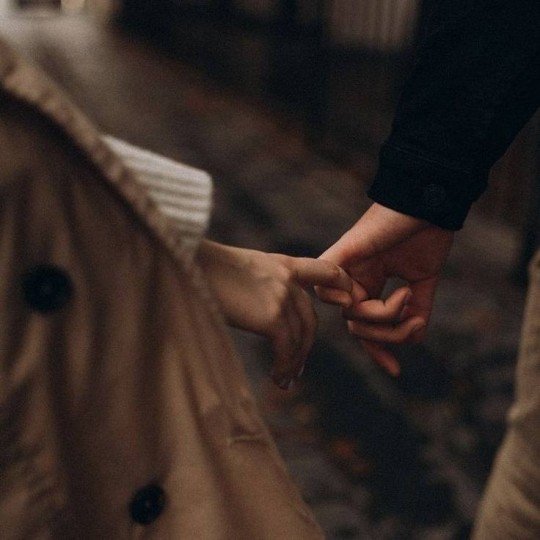
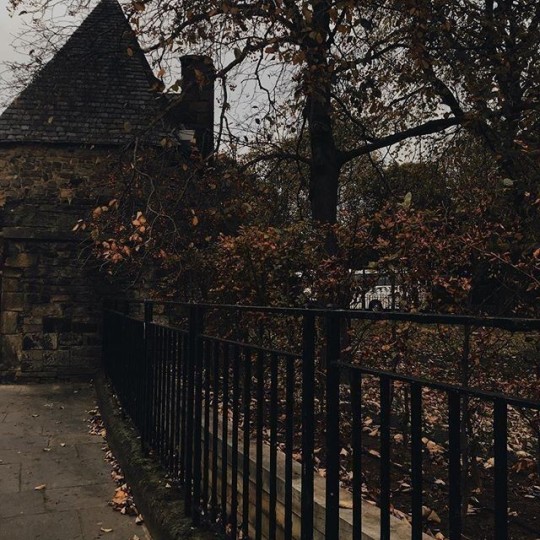
Death whispered,"I'll love you more than life ever can."
Picture Credit ~📍 pinterest
@luciferslilith7
#aesthetic#dark academia#chaotic academia#spilled ink#spilled thoughts#classic academia#academia#light academia#classic literature#dark and darker#dark and moody#dark and beautiful#black & brown#dark academia moodboard#my academia#dark Academia aesthetic#escapism#dead poets society#the secret history#the picture of dorian gray#the goldfinch#if we were villains#sylvia plath#fydor dostoevsky#franz kafka#books and poetry#books and coffee#self qoute#writeblr#autumn aesthetic
3K notes
·
View notes
Text
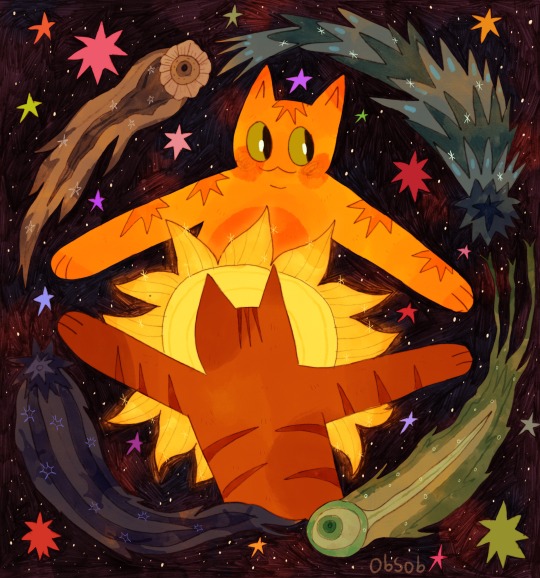
once more around the sun!! :3
#mine#cats#happy new year!!! a little late but alas#i didnt like th colours here but now i love them hehehehehheheh#i hope everyone had a good holidays life development for me is i now like ice hockey#in my sports fan era...these greasy sweaty bloody white men...intrigue me#also i got a new diary!! im using th hobonichi cousin in kinda alarmed by it ngl a5 is a lot of space to fill#i tried the hobonichi techo a couple years ago n found it a rlly weird size 2 work in but now.........big page scawwy#im trying not 2 b too insane about it . like relax who cares#if i do cute spreads i will share them :3#also in th same vein im not setting a book goal this year !! tbh i surpassed my goal last year by a lot and wasnt stressed about it at All#but i get so guilty about not reading sometimes like girl . guilty to who? god? are we catholic now? get a grip#anyway anway im going to toot on my flute and then eat my weight in mac n cheese#love how i had to get a new cork in my flute bc i didnt play for like 10 months n th guy was like play regularly! n i was like yeh will do!#and then did not do that#alas...time escapes me
3K notes
·
View notes
Text
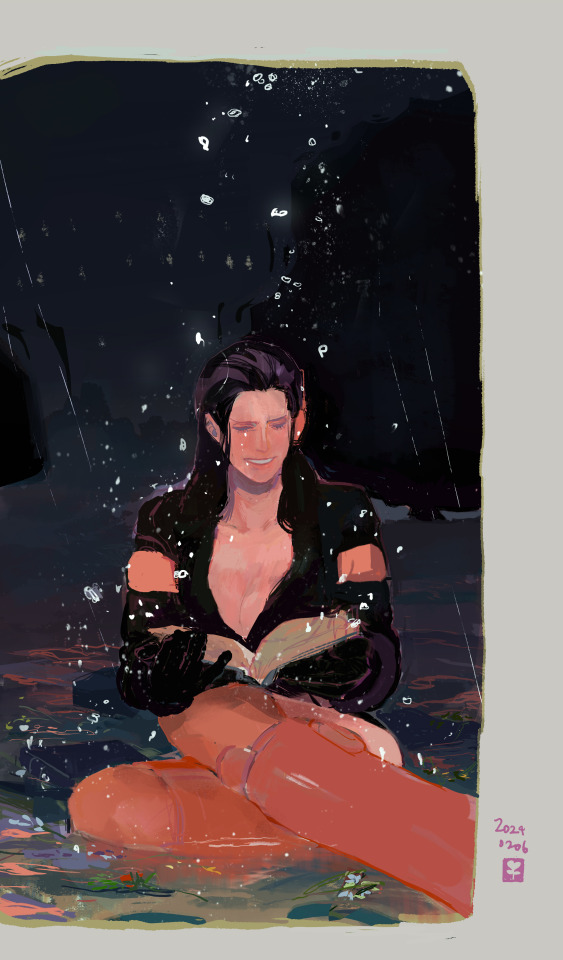
i found you in the future
#robin#HAPPY BIRTHDAY LOVE.................#a TINY bit late but pls forgive me#egghead spoilers#isn't it so romantic that she learned about ohara's survival on the island of the future .............#one piece#some added commentary: the little white bits can be seen as bubbles of air escaping the books#to symbolize that the lives poured into them continue to breathe on#and also the ashes of ohara thrown into the sea#so the water around robin holds death life knowledge and flowers#(callback in a way to the 'scattered in the sea are the world's grief / the world's secrets' line from my last robi drawinf)#ah and also her tears! which contain those multitudes as well#good things lay in wait 4 ohara :#'-)))
905 notes
·
View notes
Text
someone please take me on bookstore dates, and talk with me about books, and our futures and aspirations, and then at the end we exchange our favorite books with each other, and drive home listening to music.
#bookshop#bookstore#bookstore dates#romanticism#chaotic academia#dark academia#escapism#books and libraries#dark academic aesthetic#love#books#alas such thing exists only in my dreams#music#romance
11K notes
·
View notes
Text
how i would beg, medusa, for her to look at me, and midas, for his golden clutch / all of this would ruin me / but at least i would be seen and touched.
fatima aamer bilal, from moony moonless sky’s ‘how can i escape my mind?’
#fatima aamer bilal#how can i escape my mind?#poetry#literature#poeticstories#book quotations#quotes#writings#poetry collection#poem#prose#poetic#web weaving#web weave#yearning#longing#words words words#typography#lit#parent issues#girlhood#art#bts#franz kafka#sylvia plath#lana del rey#mitski#hozier#pheobe bridgers#mahmoud darwish
529 notes
·
View notes
Note
Wouldn't lizard fashion be something like spikes and scales and a frilled lizard collar?
Like so?
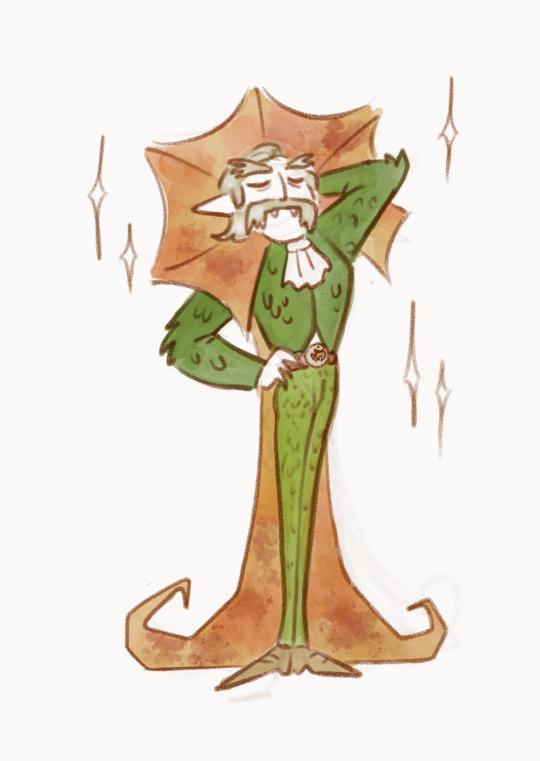
(Bonus art under the cut)

#thank you anon I've been wanting to draw proper lizard fashion for a while and this gave me the motivation I needed#dracula daily#re: dracula#dracula#lizard fashion#The colours I chose here make Drac look like Harry Du Bois - which is appropriate given how I tend to depict his personality in my shitpost#bonus under the cut featuring Dracula's Weed Smorking Girlfriends#personally I really like the theory that the three vampire women are actually dracula's wife and two daughters#since the book never actually calls them his wives and the two subordinate girls are specifically described as looking similar to him#the idea that he turned his family but is no longer capable of loving them (or being loved by them) adds a whole extra layer for me#because he still goes through the motions - goes out to get them food (babies) and provide for them/fulfil the role of a patriarch#but its hollow and loveless and done out of strange obligation/habit - like an echo of being alive#BUT for the sake of comedy I will always draw them as his three weed smorking girlfriends because it's just funnier#or rather as I like to think of them - his three weed smoking EX-girlfriends who spend all day making fun of him and and freeloading#I'm going to tag any art with them in it from here on out as#the ex-wives of dracula#he's going to england to escape their ridicule
2K notes
·
View notes
Text

815 notes
·
View notes
Text
dear March, please be kind to everyone suffering.
#literature#dark academia#books#romanticism#escapism#its my bday month#yayyy#yayyy :3#franz kafka#romantic academia#march#academia#chaotic academic aesthetic#chaotic academia#charles bukowski#cottagecore#coquette
166 notes
·
View notes
Text
It's just me and my books against the world
#books are my biggest escape from reality#words#classic literature#spilled words#writers#dark academia#aesthetic#poem#dead poets society#books and libraries#poetry#bookshelf#bookworm#book review#book quotes#books#booklr#book blog#books and reading#books & libraries#bookish#booklover#poesia#poetic#poems on tumblr#new poets society#poets on tumblr#spilled poetry#poets corner#life quotes
742 notes
·
View notes
Text
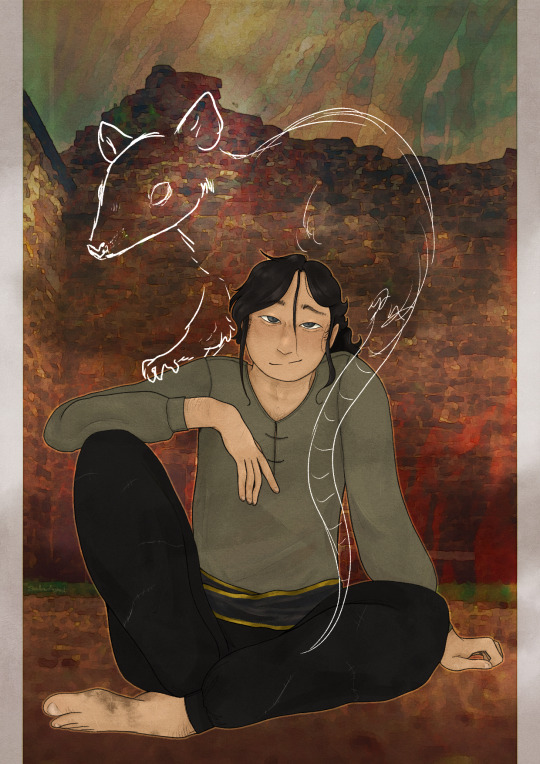
Give it up for everybody’s favourite street rat!!!
-
Fanart of Aaron from Fox’s Tounge and Kirin’s Bone, an incredible book by @muffinlance
I worked hard on this an am incredibly proud of how it turned out. If you wanna hear about the process, feel free to check out me rambling in the tags.
#fox’s tongue and kirin’s bone#fanart#i really wasn’t sure how this would work out because i rarely ever draw book characters? But I drew this guy Once and that was it#I went ‘yeah that’s my boy. that works’#i mostly went with what i envisioned though i did check the first chapter again to see if it said anything contradicting my design#and it did say Aaron had short hair but you know what? I really want him to have a little ponytail#I think he deserves a little ponytail#so i kept the ponytail#i was originally going to draw him with his silly little coat and add a heck ton of details#but the pose didn’t work out#There’s always next time!#with his current clothes his sash i guess is the most important part?#in the first chapter it talks about Aaron’s knife had been clad in black&gold previously#I assume in reference to the Man#Though I might be wrong#i binge-read the book in like three days#the details have escaped me#but yeah I did the sash with those colors because I thought it’d be cool#anyways i believe that’s most of it#i also have a bunch of doodles i made for warmup before this#that i’m also going to share at some point#i hope you like it!
560 notes
·
View notes
Text
ok I have A Lot of thoughts about the staircase confession (well really about Edwin's whole character arc, but all roads lead to rome) but for now I just wanna say that, yes, I was bracing myself for something to go terribly wrong when I first watched it, and yes, part of me was initially worried its placement might be an uncharacteristically foolish choice made in the name of Drama or Pacing or Making a Compelling Episode of Television but at the expense of narrative sense--
But I wanna say that having taken all that into account, and watched it play out, and sat with it - and honestly become rather transfixed by it - I really think it's a beautifully crafted moment and truly the only way that arc could've arrived at such a satisfying conclusion.
And if I had to pinpoint why I not only buy it but also have come to really treasure it, I'd have to put it down to the fact that it genuinely is a confession, and nothing else.
That moment is an announcement of what Edwin has come to understand about himself, but because it takes the form of a character admitting romantic feelings for such a close friend, I think it can be very easy, when writing that kind of thing, to imbue it with other elements like a plea or a request or even the start of a new relationship that, intentionally or not, would change the shape of the moment and can quickly overshadow what a huge deal the telling is all on its own. But that's not the case here. Since it is only a confession, unaccompanied by anything else, and since we see afterward how it was enough, evidently, to fix the strangeness that had grown between him & Charles, we're forced to understand that it was never Edwin's feelings that were actually making things difficult for him - it was not being able to tell Charles about them. 'Terrified' as he's been of this, Edwin learns that his feelings don't need to either disappear completely or be totally reciprocated in order for him to be able to return to the peace, stability, and security of the relationship with which he defines his existence - and the scale of that relief a) tells us a hell of a lot about Edwin as a character and b) totally justifies the way his declaration just bursts out of him at what would otherwise be such a poorly chosen moment, in my opinion.
Whether or not they are or ever could be reciprocated, Edwin's feelings are definitively proven not to be the problem here - only his potential choice to bottle it up - his repression - is. And where that repression had once been mainly involuntary, a product of what he'd been through, now that he's got this new awareness of himself, if he still fails to admit what he's found either to himself or to the one person he's so unambiguously close with, then that repression will be by his own choice and actions.
And he won't do that. Among other things, he's coming into this scene having just (unknowingly) absolved the soul of his own school bully and accidental killer by pointing out a fact that is every bit as central to his self-discovery as anything about his sexuality or his attraction to Charles is: the idea that "If you punish yourself, everywhere becomes Hell"
So narratively speaking, of course it makes sense that Edwin literally cannot get out of Hell until he stops punishing himself - and right now, the thing that's torturing him is something he has control over. It's not who he is or what he feels, but what he chooses to do with those feelings that's hurting him, and he's even already made the conscious choice to tell Charles about them, he was just interrupted. But now that they're back together and he's literally in the middle of an attempt to escape Hell, there is absolutely no way he can so much as stop for breath without telling Charles the truth. Even the stopping for breath is so loaded - because they're ghosts, they don't need to breathe, but also they're in Hell, so the one thing they can feel is pain, however nonsensical. And Edwin certainly is in pain. But whether he knows what he's about to do or not when he says he 'just needs a tick,' a breather is absolutely not what's gonna give him enough relief to keep climbing - it's fixing that other hurt, though, that will.
Like everything else in that scene, there's a lot of layers to him promising Charles "You don't have to feel the same way, I just needed you to know" - but I don't think that means it isn't also true on a surface level. It's the act of telling Charles that matters so much more than whatever follows it, and while that might have gone unnoticed if anything else major had happened in the same conversation, now we're forced to acknowledge its staggering and singular importance for what it is. The moment is well-earned and properly built up to, but until we see it happen in all its wonderful simplicity, and we see the aftermath (or lack thereof, even), we couldn't properly anticipate how much of a weight off Edwin's shoulders merely getting to share the truth with Charles was going to be, why he couldn't wait for a better, safer opportunity before giving in to that desire, or how badly he needed to say it and nothing else - and I really, really love the weight that act of just being honest, seen, and known is given in their story/relationship.
#dead boy detectives#edwin payne#the case of the very long stairway#im sorry this really IS the short version of my thoughts i swear#i didnt want to get long and rambley backing everything up and mentioning everything else this forces me to reconsider#i just feel like i've barely interacted w this fandom and still seen quite a few odd duck takes on this moment imo#i dont think he wouldntve got the nerve to say it otherwise#(he was already going to! & if anything his new experiences in hell only cement that being the right choice)#and as much as i get what fear can do to a person i still definitely dont think he was resigned to staying in hell if charles reacted badly#i truly think he just couldnt keep it to himself any longer#the show is upfront about his escaping hell being a testament to his own strength rather than a lucky break of some sort#so i think even being on the receiving end of a rescue mission getting out still must take a lot of strength in this universe#and telling charles that definitely made him stronger/in less pain#so yeah totally necessary it happened where and when it did in my book#also i hope it doesnt sound like im being dismissive of anything charles says in this scene#but the way i see it those were all things they both already knew#so reaffirming them just adds to the idea that the act of Telling Each Other Things is what's so important here#rather than counting as a truly separate thing this conversation achieves#just my two cents
97 notes
·
View notes
Text
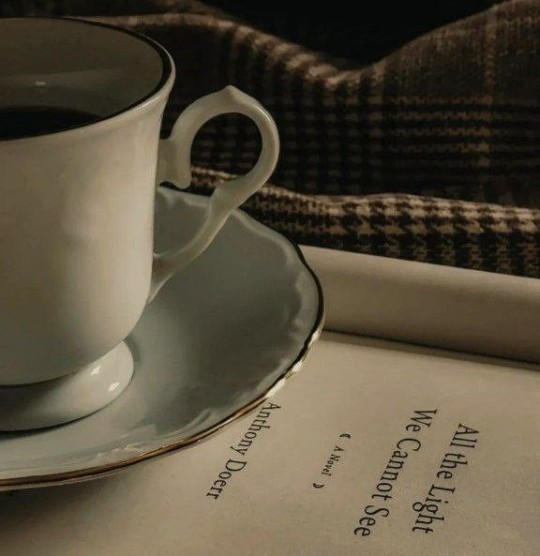
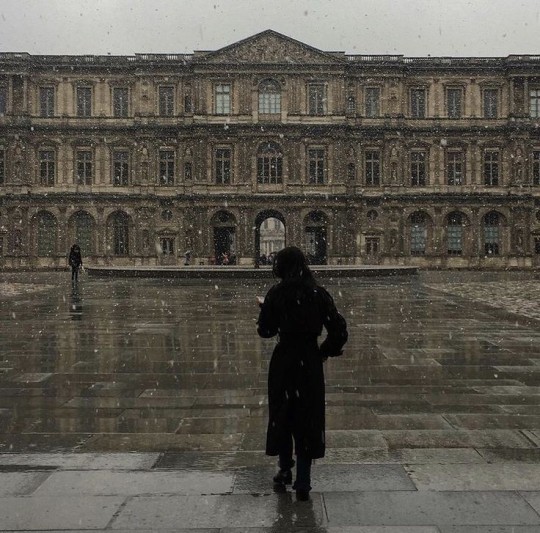
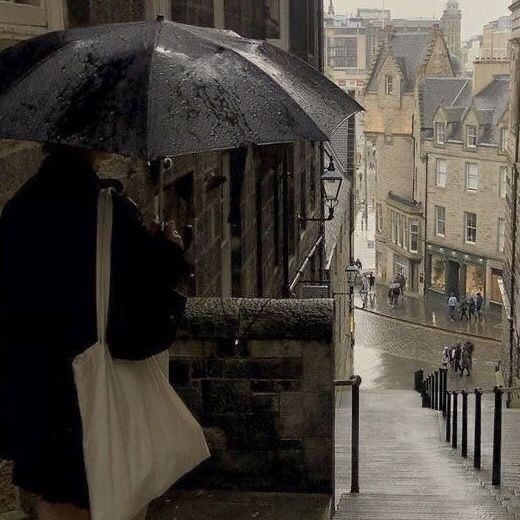
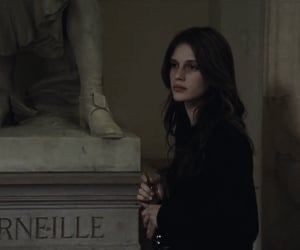
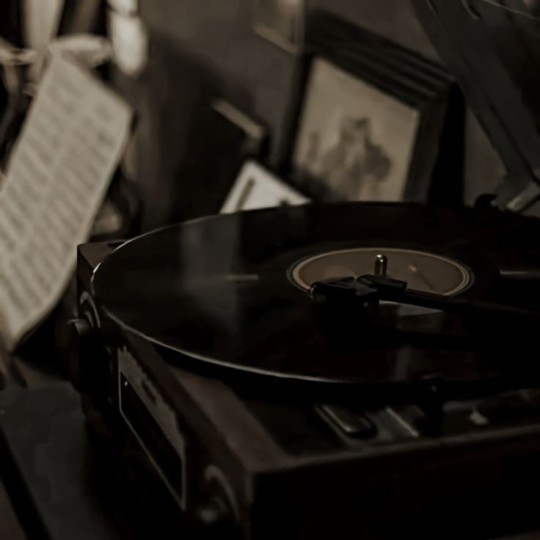

Search me in the November Wind Picture Credit ~📍pinterest
@luciferslilith7
#aesthetic#dark academia#chaotic academia#spilled ink#classic academia#light academia#my academia#gloomy aesthetic#dark and darker#vintage#books and poetry#books and coffee#dark romantica#escapism#spilled thoughts#dead poets society#the secret history#donna tartt#edgar allan poe#if we were villains#sylvia plath#franz kafka#picture of dorian gray#november#autumn aesthetic#fall aesthetic#dark academia moodboard#art academia#english literature#writeblr
1K notes
·
View notes
Text
Do you ever think about how sad and messed up it is to grow up in this world as a little girl who likes to read. Because you are a child, and you don't get that there's a difference in who writes the books, you read everything you like, you read the adventures and the fantasy and the mysteries and the traumatic stuff and if you're also very isolated and lonely, these books build your worldview. Because why wouldn't they? They're written by humans, so they have the attitudes, opinions, perceptions, morals and spirits of human beings in them, they're telling you what humans think and feel about things, how they go about situations, what they imagine, what they desire. What your role in all this is, or what it could potentially be.
But, since you are not capable of differentiating the material, and you just read what is available to you, you end up reading a lot of books written by m*n. You also have to go thru the required reading at school - 90% written by m*n. And so slowly, since young age, without even socializing or learning it thru interaction, you find yourself in a world shaped by minds who do not have empathy for women, especially not for little girls. You find yourself relating to the male protagonists, but you also find out that girls only play a passive role in their stories. You find that m*n problems are centered, made important, their suffering and violence critical points in the story, while women are cast aside as helpers, servants, givers, caretakers, and generally just exist in the background, not a thought given to what they are going thru.
You learn thru books written by m*n, that your experience is secondary. Even if you cast yourself as the adventuring, immensely important and struggling protagonist, even then the other women in your mind end up being just background characters, caregivers who do not need a thought spared for their suffering.
Books written by m*n, even for children, will trivialize female suffering to the point where they shape the child's mind into one that looks at the world from a male perspective. Where women either don't matter, or are capable only of giving and aiding, to be cast aside for more important matters, such as male aspirations for their own lives.
Thinking back, I understand why I felt myself unimportant and trivial in any social setting - I understood my role from the written word, and I knew adults found me trivial, secondary, only a background figure to someone else's adventure or mission. As much as I could fight it in my fantasies, and make myself the main character, it felt like a pipe dream, like something that was incredible self-indulged and selfish and would never translate to reality.
I wish it had been different. I wish I had been introduced specifically and only to books written by women, for women. I wish I had found empathy for myself in those books. I wish I had found myself standing on high ground, equal ground, with other women, our desires centered, our lives translated into tales of epic importance - because that's what they are. I wish I had been born into a world where female perspective is available from the start, not after years of growing up and finding feminist literature and having to re-write my own role in my brain, from all of those years of reading male perspective as the default.
I don't think any little girl should be exposed to literature that shape her world as a place where she doesn't matter. I don't think books written by males and shaped by their worldview should be allowed into children's literature, or teenage or for young adults. Girls should not be learning from fiction that their most important value is empathy and understanding for male problems, and their second, to be desired and/or helpful to them, all while being treated as nothing but service and background noise until you're desired for something. We need to open books and find out that we matter too. That our lives can be the center of our existence, rather than being in the service of someone else's life.
#reading as a little girl#analysis of male written literature#radical feminism#feminism#worldview shaped by books#radfem#radblr#thinking of all of the books i absorbed in my childhood where women didn't matter :(#and how messed up thoughts i ended up having of trying to be helpful and useful in order to have value#but i would never have value#because i was a girl in a misognystic world#and the books were informing me of that#and all i wanted was a bit of escape from reality#fiction written by men is garbage :(
670 notes
·
View notes
Text
"Murder is Werewolves" - Batman
I don't got the SPOONS to do this thought train justice, I have seriously been trying to write this thing for MONTHS so just, idk, have this half baked skeletal outline of the essay I guess:
I don't believe that Batman's no-kill rule is primarily about rehabilitation or second chances.
His refusal to believe that Cassandra could have killed someone when she was eight years old because "how could a killer understand my commitment not to kill" is absolute fucking MOON LOGIC from a rehabilitationist standpoint. No jury on the planet would think for even a second that she could reasonably be held accountable for her actions in that situation! Her past cannot condemn her to being incapable of valuing human life under a rehabilitation centering framework. However, Batman's reasoning makes perfect sense if he believes that killing is a spiritually/morally corrupting act which permanently and fundamentally changes a person, and that corruption can never be fully undone.
Dick Grayson killing the Joker is treated both narratively and by Batman as an unequivocally WIN for the Joker. The Joker won by turning Nightwing into a killer. Note that this is during a comic in which the Joker transforming people was a major theme! Batman didn't revive the Joker because the Joker deserved to live; he revived the Joker to lift the burden on Dick.
His appeal to Stephanie when she tried to kill her dad is that she shouldn't ruin her own life. He gives no defense of Cluemaster's actual life. Granted this is a rhetorical strategy moment and should be taken with a generous pinch of salt, but it fits in the pattern.
When Jason becomes a willful killer, he essentially disowns him, never treats him with full trust ever again, and... Well, we can stop here for Bruce's sake. Bottom line is that his actions towards Jason do not lead me to believe that he thinks Jason can become a better person without having his autonomy taken from him, either partially or fully.
The Joker is, for better or worse, the ultimate symbol and vessel of pure, irredeemable evil in DC comics now. He hasn't been just another crook in a long time. He will never get better, he will only get worse. If you take it to be true that the Joker will not or can not rehabilitate, then there's no rehabilitationist argument against killing him.
Batman does not seem to consider it a possibly that he'll rehabilitate. Batman at several points seems to think that the Joker dying in a manner no one could have prevented would be good. Yet Batman fully believes that if he killed the Joker, he himself would become irredeemable.
Batman's own form of justice (putting people into the hospital and then prison) is fucking brutal and clearly not rehabilitative. He disrespects the most basic human rights of all criminals on a regular basis. It is genuinely really, really weird from a rehabilitationist standpoint that his only uncrossable line is killing... But it makes perfect sense if he cares more about not corrupting himself with the act of killing than the actual ethical results of any individual decision to kill or not kill.
In the real world cops are all bastards because they are too violent to criminals, even when that violence doesn't lead to death. Prison is a wildly evil thing to do to another human being, and you don't use it to steal away massive portions of a person's life if your goal is to rehabilitate them. In the comic world, Batman is said to be necessary because the corrupt cops are too nice to criminals and keep letting them out of jail. I don't know how to write a connector sentence there so like I hope you can see why this bothers me so damn much! That's just not forgiveness vibes there Batman!!
I want to make special note here of the transformative aspect. You don't simply commit a single act when you kill, no, you become a killer, like you might become a werewolf.
The narrative supports this a lot!
Why did Supes go evil during Injustice? He killed the Joker. Why did Bruce become the Batman Who Laughs? Bruce killed the Joker. Why was Jason Todd close to becoming a new Joker during Three Jokers? Because he killed people, to include the Joker.
Even if these notions of redemption being impossible aren't the whole of his reasoning (people never have only one reason for doing what they do) it is a distinct through-line pattern in his actions and reasoning, and it is directly at odds with notions of rehabilitation, redemption, and second chances.
So why does he give so many killers second chances?
Firstly because this doesn't apply to all versions of Batman. Some writers explicitly incorporate rehabilitation and forgiveness into his actions. You will be able to provide me with examples of this other through-line pattern if you go looking for them. The nature of comics is to be inconsistent.
Secondly the existence of that other pattern does not negate the existence of this one. People and characters are complex, and perfectly capable of holding two patterns of belief within themselves, even when they conflict to this degree. You can absolutely synthesize these two ideas into a single messy Batman philosophical vibescape.
Finally and most importantly to this essay: he has mercy on killers the same way that werewolf hunters sometimes have mercy on someone who is clearly struggling against their monsterous nature, especially if they were turned in exceptional circumstances or against their will. They understand that they are sick, damned beasts, cursed to always be fighting against themselves and the evil they harbor within. It is vitally kind to help them fight themselves by curtailing their autonomy in helpful ways and providing them with chances to do some good to make up for their eternal moral deficiency.
I think in many comics Batman views killers as lost souls. Battered and tormented monsters who must be pitied and given mercy wherever possible. (The connections to mental health, addiction, and rampant, horrifying ableism towards people struggling with both is unavoidable, but addressing it is sadly outside of the scope of this essay.)
Above all, the greatest care possible must be taken to never, ever let yourself become one of them, because once you have transformed the beast will forever be within you growing stronger.
To Batman, it is the most noble burden, the highest mercy, the most important commandment: Thou shalt suffer the monsters to live.
#batman#batman negative#batsalt#okay hopefully that will let peeps who don't wanna see me rant against bats avoid this?#i could write several books on the moral and ethical philosophies at play in the Batfam tbh#I'm like kinda mostly happy with this#pretty good for being slammed out in three hours while baking brownies#inspired muchly by my friend's talk about Batman acting in accordance with Presbyterian predestination#and how he is one of the most carceral of all superheroes#all people merely revealing through their actions what sort of person they already are#punishing them in the hopes they can suffer enough penance on earth to escape hell#how that can look like rehabilitation or redemption at a glance#but functions in a fundamentally different way#anyway hope this mess was an interesting read!#damian's tomfoolery
183 notes
·
View notes
Text
A fact: a god loses their divinity only when it is sealed, or when belief in them is lost.
Another fact: Hua Cheng ascended.
He was never banished - he simply abandoned heaven the moment he realized Xie Lian was not there. For many of the gods this is tantamount to a death sentence - to fade into obscurity. Hua Cheng’s survival without followers could be attributed to his ghostly origins, and his own self determination, which could be true but —
What if there was someone who sent a prayer up in remembrance of a small ghost fire who warmed a chill night. What if there was someone who lit incense for a nameless follower with a smiling mask who sacrificed everything to save everyone(someone). The offerings are meager, rare, but sincere - worth more than a million merits from gold.
Hua Cheng may be the Flower Crowned Prince’s most devoted follower. Faith, gratitude, and love, however, transform Xie Lian into Wu Ming’s steadfast believer.
#tgcf#天官赐福#tgcf spoilers#Hua Cheng#hualian#I am never going to be normal about this book am I#also this theory does imply things for like. the creation of eming and the escape from the kiln and the final confrontation with jun wu#heavenly tribulations perhaps?#also belief in Hua Cheng as a god (and more importantly love) is absolutely my headcanon for why he survives the ending after only a year#this is what 800 years does to a bitch
179 notes
·
View notes